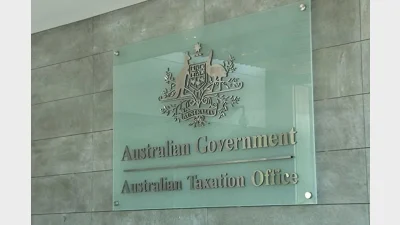Lonsec warns on fee comparisons
Industry superannuation funds cannot boast a consistent fee advantage over all retail master trusts and, where multi-manager platforms are concerned, may be more expensive.
That is the bottom line of data published last month by Melbourne-based research and broking house Lonsec as a result of a formal review of one of Australia’s largest industry funds, the Australian Retirement Fund (ARF).
While the Lonsec review gives ARF a favourable rating and has added the fund to its recommended list, it points out that, in regard to fees and depending on the investment option selected, investments in ARF attract management fees that range from 1.02 per cent and 1.18 per cent, which places them in excess of the Lonsec multi-manager universe average.
According to the Lonsec data, the advantage for members of funds such as ARF is that they do not have to pay platform fees.
Commenting on the outcome of the review, Lonsec’s general manager — research Grant Kennaway told Super Review that he had been surprised by the fees comparison.
“I had expected that fees for industry funds would be significantly lower,” he said. “But that expectation overlooks the fact that fees applying to multi-manager platforms are very competitive.”
Kennaway said that Lonsec had undertaken the research to help fill a gap in the information available to financial advisers and their clients, and would be examining a number of other industry funds in the same vein.
Recommended for you
The responsible investment body is warning that a one-size-fits-all ESG framework mirroring those in the UK and the EU could do more harm than good.
Australian super funds are monitoring the US closely as President Donald Trump increasingly intervenes in corporate policy, moves that are reverberating through global markets and prompting reassessments of portfolio risk.
Industry fund HESTA has filed an appeal against an ATO decision on tax offsets from franking credits, with the Australian Retirement Trust set to file a similar claim soon.
The latest superannuation performance test results have shown improvements, but four in 10 trustee-directed products continue to exhibit “significant investment underperformance”, warns APRA.











